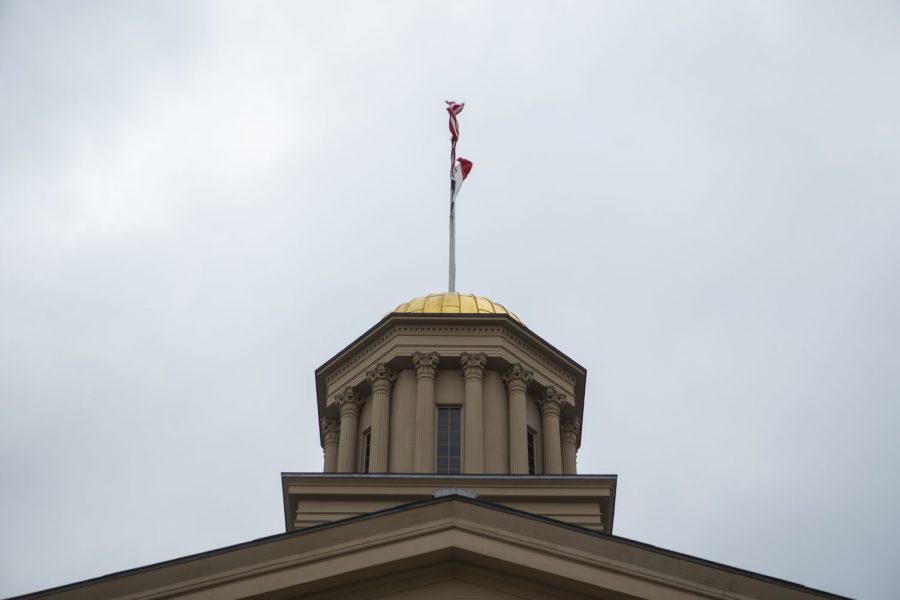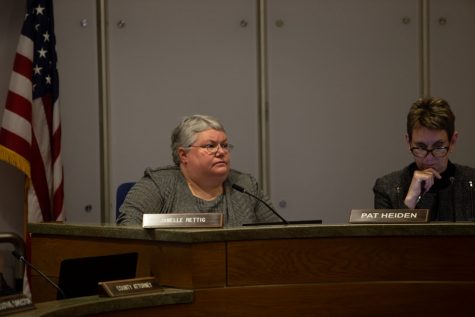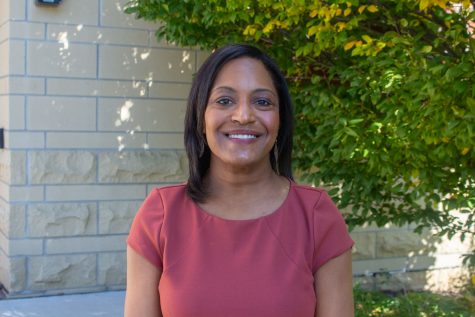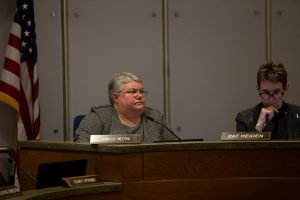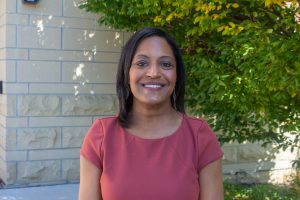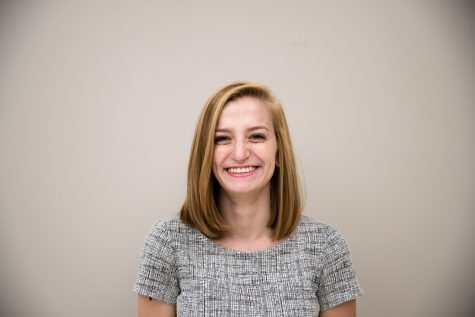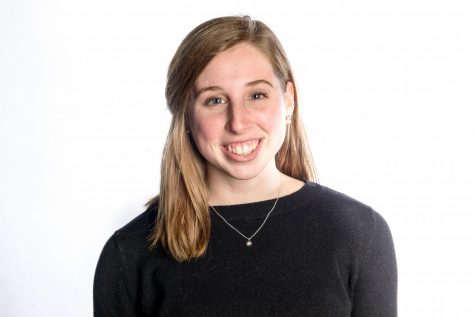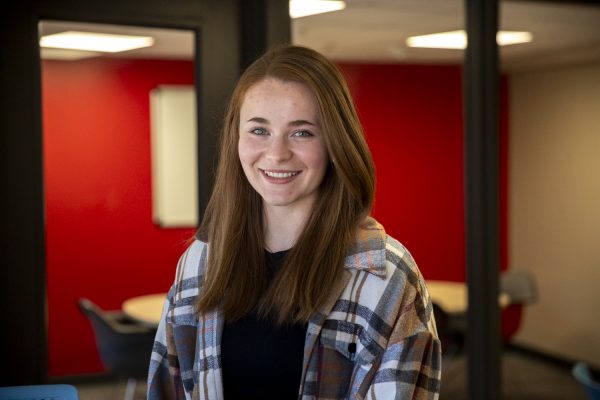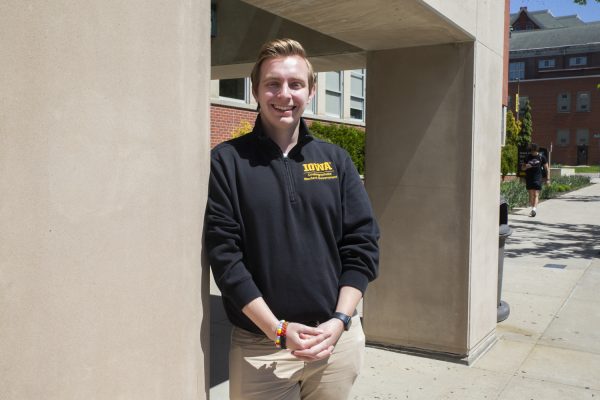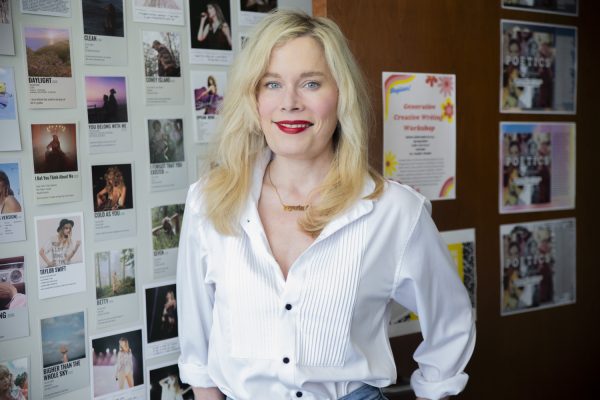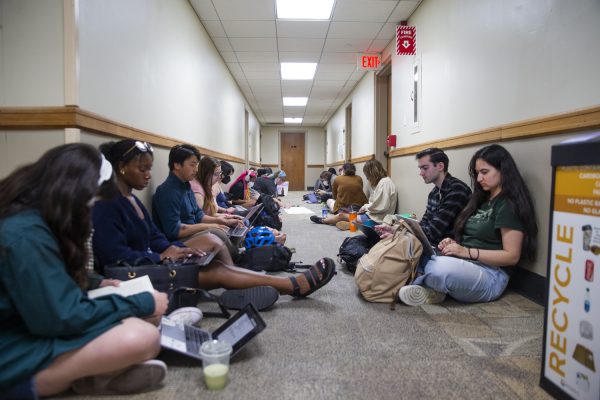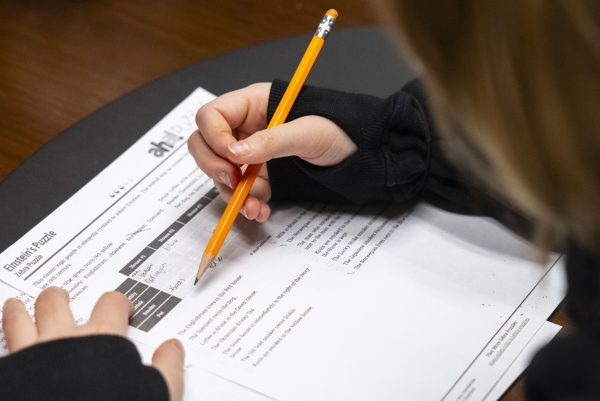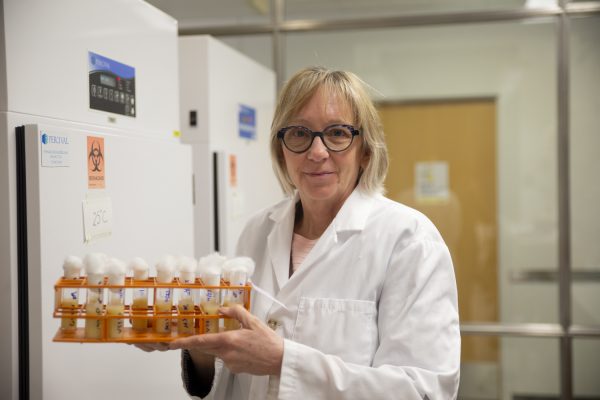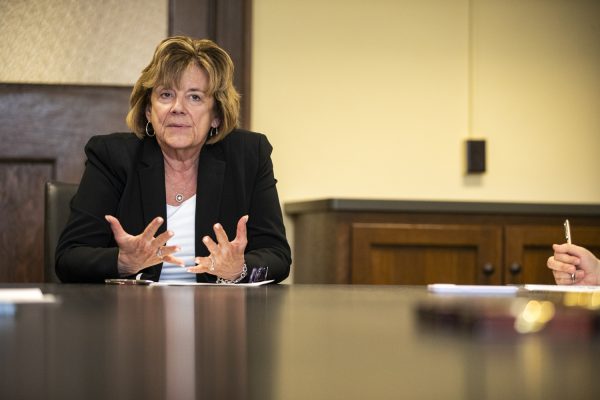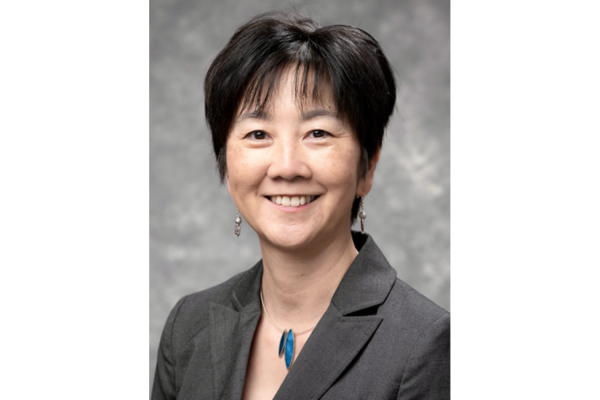Presidential search committee co-chairs look towards process with confident, inclusive mindset
The newly named co-chairs of the University of Iowa’s Presidential Search Committee are preparing to create and lead a committee that will include a multitude of perspectives to select the next top Hawkeye.
The Old Capitol is seen on Thursday, March 12, 2020.
October 15, 2020
After being named the co-chairs of the University of Iowa’s Presidential Search Committee, Sandra Daack-Hirsch and John Keller are looking toward their appointments with a focus on inclusivity.
The state Board of Regents announced on Oct. 13 Daack-Hirsch and Keller would take the helm of the committee, a week after they approved UI President Bruce Harreld’s plan to retire. The two will lead the committee and select committee chairs to find Harreld’s successor.
Keller, who is the dean of the Graduate College, said he was honored to be named a co-chair and intends to make the most of his appointment, focusing on groups who need to be heard in this process.
“We will try to have a committee that has broad representation from all the groups on campus,” he said. “We are in the initial stages of this committee, and we are already thinking about how we can bring together faculty, students, and staff to work together and [move] forward. There will be a lot of teamwork involved and I’m hopeful that the community will realize that we will do our best.”
Keller said Daack-Hirsch, the board, along with himself, are cognizant of the transparency concerns that dogged the 2015 search. The UI was added to the AAUP sanction list in 2016 for not following shared-governance practices during the presidential search, as reported by the DI at the time. Shared governance groups voted no-confidence in the state Board of Regents, saying they felt like their voices were not adequately considered during the search process. The UI was removed from the list in 2018.
The two new co-chairs are hoping to mitigate similar issues by adapting their approach to selecting a new person for the position.
Daack-Hirsch is an associate professor and the Interim Executive Associate Dean of the College of Nursing. She also served as Faculty Senate President for the 2019-2020 academic year. Daack-Hirsh played a pivotal role in developing the 2017 Best Practices for Faculty Engagement in a UI Presidential Search guidelines after the 2015 search process.
RELATED: Iowa state Board of Regents name co-chairs for Presidential Search Committee
She said the committee will take the best practices into account and will focus on making the process accessible to everyone.
“The search committee is only one way to be involved and to participate in the process,” she said. “I anticipate that there will be forums and we will get a good pulse from campus on what their expectations are for the next president. We will use that information as we think about a candidate pool and in all of our decisions.”
As previously reported by the DI, Harreld will not retire until his successor is found. Harreld’s contract ends in June 2023.
The process to find the 22nd president of the UI will not be rushed, Daack-Hirsch said. She said she’s confident the committee can find the next head Hawkeye, even with the complications of COVID-19.
“We are in a virtual environment, and campus has already had a few virtual searches for academic positions,” she said. “We, of course, are going to have to figure out a way to do what we can virtually, but my personal feeling is that people are going to have to visit campus at some point and get a feel for campus.”
The process may take longer, Daack-Hirsch said, because of the added difficulties COVID-19 presents. She said she does not want to rush through the process, and instead wants to focus on taking the necessary time to ensure the best person is selected to be the university’s next president.
While looking at candidates for the committee, Keller said he wants to appoint a fairly large committee of collaborative individuals.
“I don’t know exactly what the committee will look like, yet, but we will have a team of people somewhere in the upper teens or low twenties, I would suspect,” he said. “I think it’s important for this committee to come together, get to know one another, and brainstorm. Hopefully we can meld everyone’s ideas together and develop [an idea] of what the campus needs.”
Keller added that he is prepared to focus on several different aspects and traits of those who are looking to be the next president of the university.
Daack-Hirsh and Keller said they will meet with the board later this week to begin developing the committee and how it will be structured.
“Personally, I’d like to see [candidates] with really strong academic backgrounds,” Keller said. “It’s also important to me that we find someone who is prepared to do the work of being the [university] president. That means they have to have good listening and communication skills and know the Iowa culture and the people here. We are unique, and they should be cognizant of that.”



